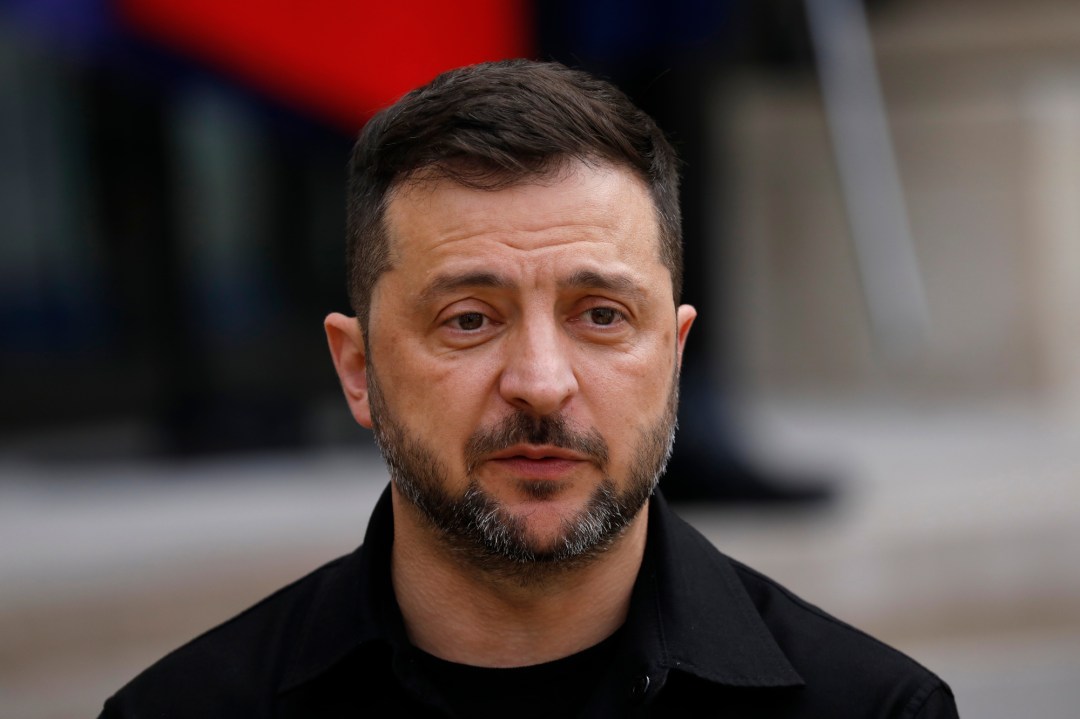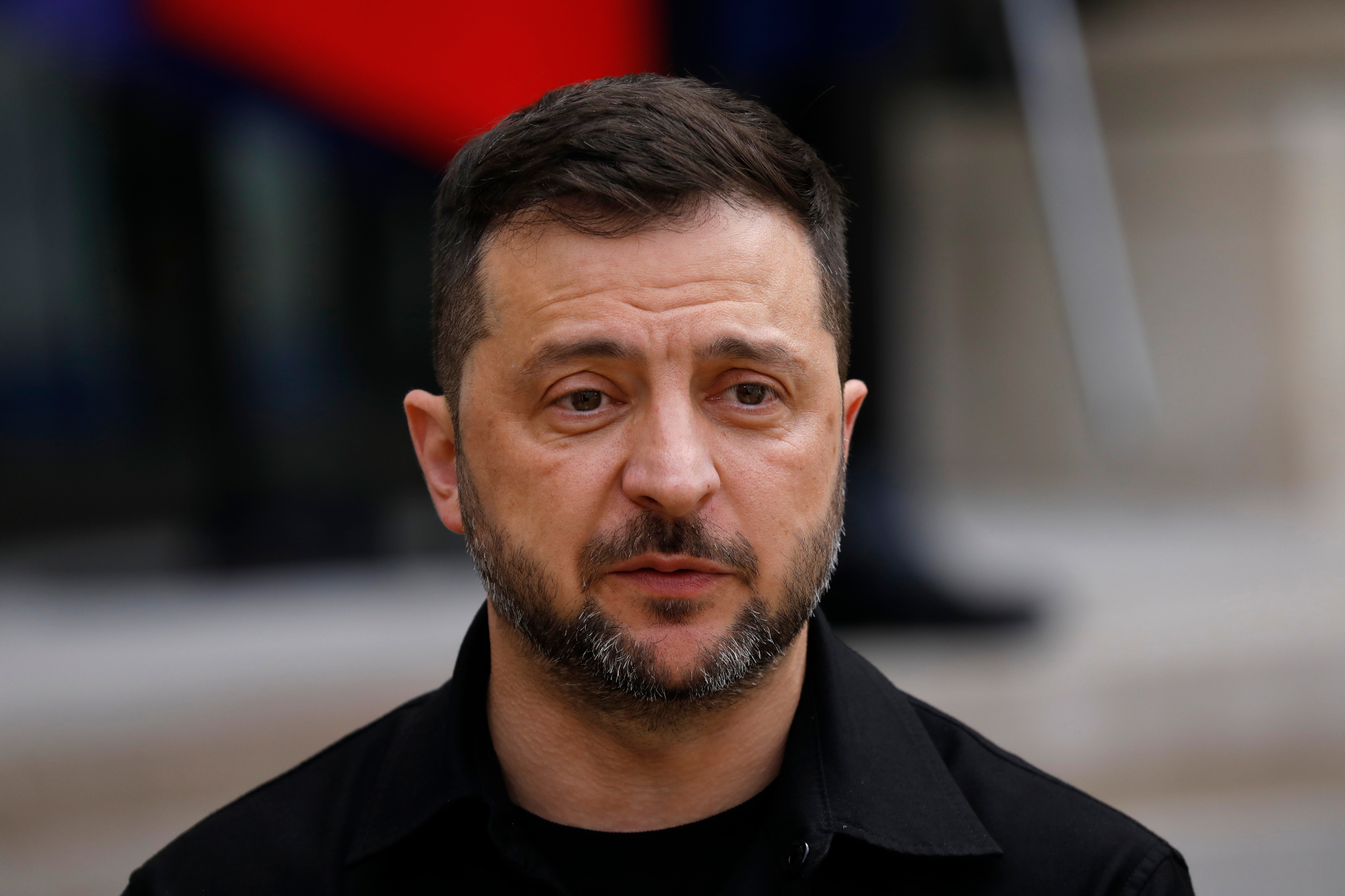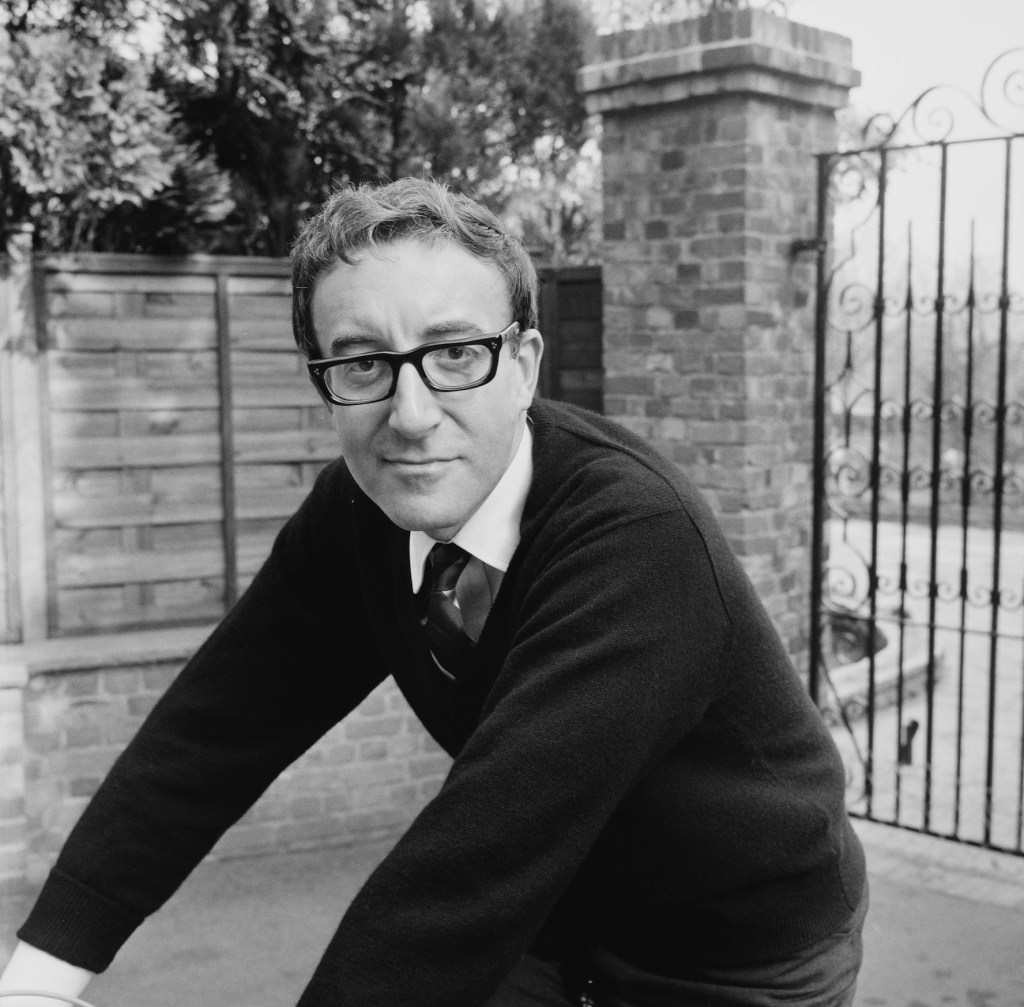When Volodymyr Zelensky was asked to describe the security guarantees finalised for Ukraine at the Coalition of the Willing summit in Paris yesterday, the word he reached for was ‘theoretical’. Theoretical guarantees for a theoretical ceasefire: 26 countries pledging, in theory, to support peace in Ukraine on land, sea and in the air after the war ends. With Vladimir Putin actively regrouping his troops for an autumn push to seize the rest of the Donetsk region, nobody knows when this war’s end might be.
The plan on the table is a shadow of what Kyiv was promised a year ago
The plan on the table is a shadow of what Kyiv was promised a year ago. Ukraine’s allies will commit to deploying ‘more than’ 10,000 troops, mainly from France and the UK, down from the 100,000-strong force once discussed. The air patrols over Ukraine would come from bases outside the country. Emmanuel Macron said European soldiers would not be stationed on the front line but in ‘areas that are still being defined’ – which most likely means as far from the Russians as possible.
There is no point in pretending this modest force would stop Russia if Putin, who has already proclaimed foreign troops in Ukraine are ‘legitimate targets for destruction’, chose to resume the war. With a million-strong army dug in on each side of the front, Europe’s involvement looks less like a serious deterrent than a political lifeline for Zelensky, who needs to show his people some kind of win. Especially since, according to one recent poll, 75 per cent of Ukrainians are willing to agree to a ceasefire only if strong security guarantees are provided.
The extent of Washington’s contribution to ensuring postwar security in Ukraine remains one of the key unanswered questions. Most Europeans still look with frightened eyes at any document that would oblige them to send troops to Ukraine without America’s backing. Germany has already said it will determine its position only after Donald Trump’s administration presents the scope of its involvement in the Coalition of the Willing. The courage of many other countries, terrified of a direct confrontation with Russia, also entirely depends on Trump’s goodwill.
The catch is that Trump himself doesn’t know what he is ready to offer. At last month’s meeting in Washington, he gave Zelensky only a vague promise of US participation in security guarantees meant to push Kyiv towards concessions for a peace deal with Russia. Now Kyiv and its European allies are waiting for Trump to spell out his commitment. One thing is certain: there will be no American boots on the ground. Washington has floated options ranging from intelligence-sharing and air support to monitoring a buffer zone with drones and satellites. But there is still no answer on what the US – and the Europeans – will do when the Russians open fire. If their troops are ordered to flee, the security guarantees on offer to Ukraine are no less hollow than the Budapest memorandum.
The allies’ indecisiveness has pushed frustrated Zelensky to shift the narrative at home once again. Over the years, the promises have only shrunk. At the start of the full-scale war, Zelensky insisted that all of Ukraine must join Nato. Then it was only the unoccupied parts. Then came talk of hundreds of thousands of European troops monitoring the ceasefire. Then 100,000. Then 30,000. Then 10,000. Now the focus is less on European forces and more on Ukraine’s own soldiers, who, he says, are the ultimate guarantee of the country’s security.
It is hard to argue with that: if not Nato membership, then a strong, equipped-to-the-teeth Ukrainian army is, and will remain, the most effective deterrent against another Russian invasion. Zelensky’s job today is to squeeze from the Coalition of the Willing everything he can for Ukraine: EU membership, investment in the domestic defence industry and postwar reconstruction, training for troops and weapons, weapons, weapons.









Comments